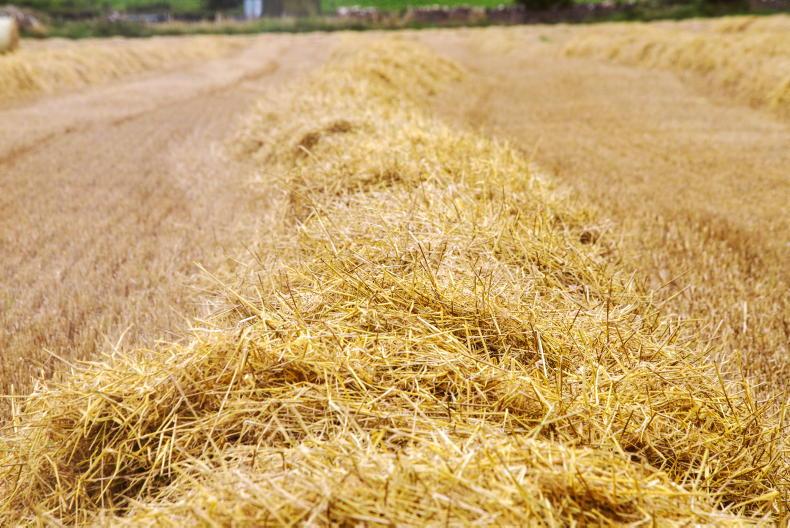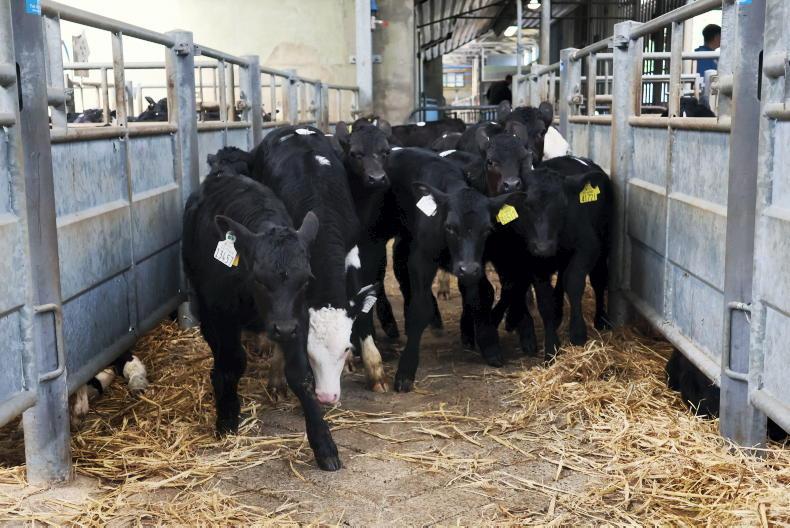A new Dutch government has this week unveiled a €25bn plan to radically reduce the number of livestock in the Netherlands.
If successful, it will change the face of farming in the Netherlands.
The plan seeks to compensate farmers who have to leave farming. If the plan succeeds, the end point is one third fewer pigs, chickens and cows in the Netherlands.
Dutch farmers and farm organisations are unlikely to accept this plan lying down, so expect plenty of protests and legal challenges for 2022.
The Netherlands is one of the world’s largest agricultural producers, exporting €65bn worth of vegetables, fruit, flowers, meat and dairy products each year.
Numbers
Similar to Ireland, there are close to 1.6m dairy cows in the Netherlands on some 16,000 dairy farms, on an area close to the size of Munster.
Cow numbers peaked in 2016/17 at 1.75m cows and have declined since. There are also about 11m pigs on some 3,000 pig farms and close to 49 million broiler hens producing close to 1m tonnes of chicken annually.
Plan
The 13-year multibillion euro plan includes paying some Dutch livestock farmers to relocate or exit the industry and also helping others to transition to more extensive farming.
The Irish Farmers Journal understands it will start as a voluntary programme, with compensation offered to livestock farmers who have been asked to leave.
Recent phosphate reduction plans that reduced the number of dairy cows in the country and manure quotas for poultry and pig farmers are obviously not seen as sufficient by the new Dutch government.
The new government is also planning huge investment in climate change, announcing a €35bn fund to help cover the country’s transition to climate neutrality by 2050 at the latest and reduce CO2 emissions by 55% by 2030. The new government is also looking to construct two new nuclear power plants.
Government
Just this week, a new coalition government was formed in the Netherlands, with prime minister Mark Rutte set for a fourth term after almost nine months of negotiations.
The centre-right VVD of the outgoing head of government, the D66 centre-left and the centre-right CDA Y Christian Union (Conservatives) achieved a text of agreement which was presented to parliament on Wednesday this week.
The talks, which began after elections in mid-March, have lasted 271 days, a record for that country.
But the Netherlands will have to wait until January for the new government to take office while the parties divide up the ministries, at a time when the country faces a rebound in COVID cases and protests against sanitary restrictions.









SHARING OPTIONS